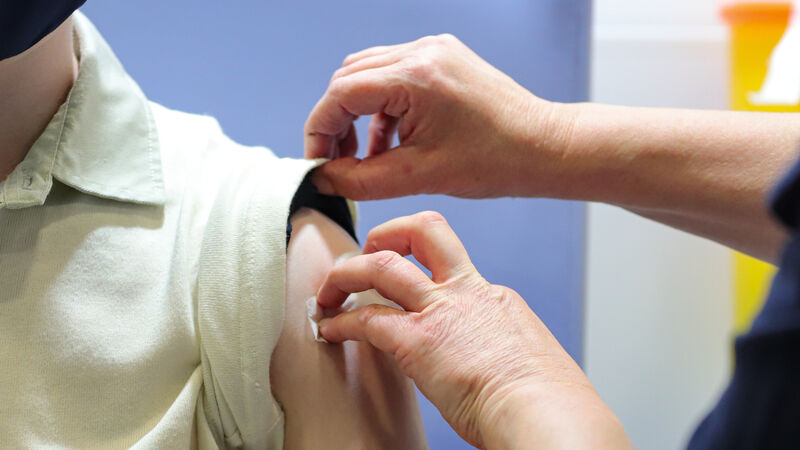Vaccine makers Pfizer and Moderna face lower revenues as Omicron wanes

With the lower severity of the omicron wave, further boosters may only be used in those aged over 50 or 60.
Evidence that Omicron is a less-severe disease than earlier Covid-19 variants will likely blunt growth in vaccine sales this year as wealthier countries rein in purchases, according to a forecasting firm.
Sales of Covid vaccines, excluding those from China and India, will increase to about $85bn in 2022, down about 28% from an earlier estimate of $118bn, London-based Airfinity said. The revision was also due to lower prices paid by poorer nations that are finally obtaining shots, the analytics firm said.










